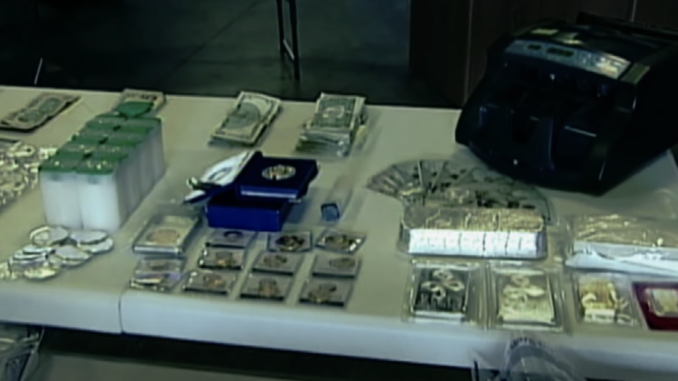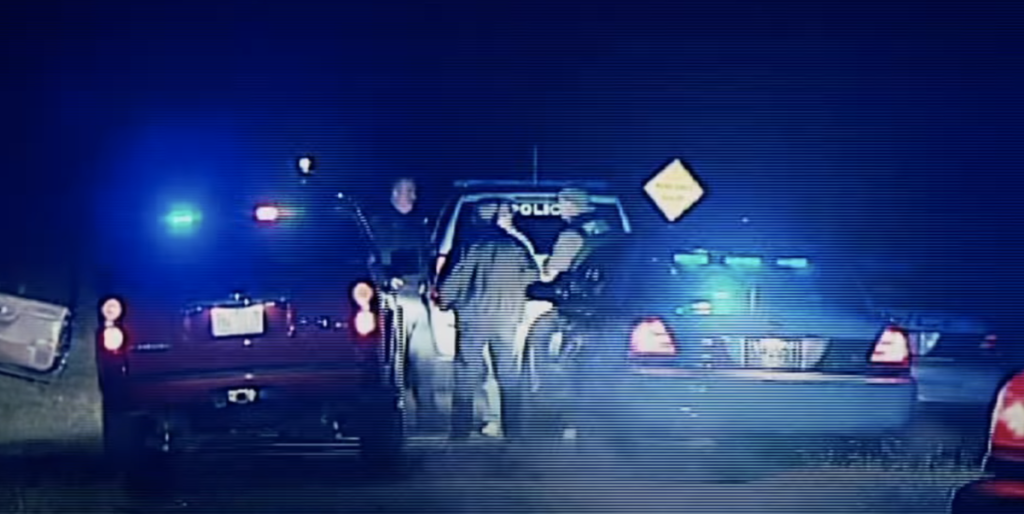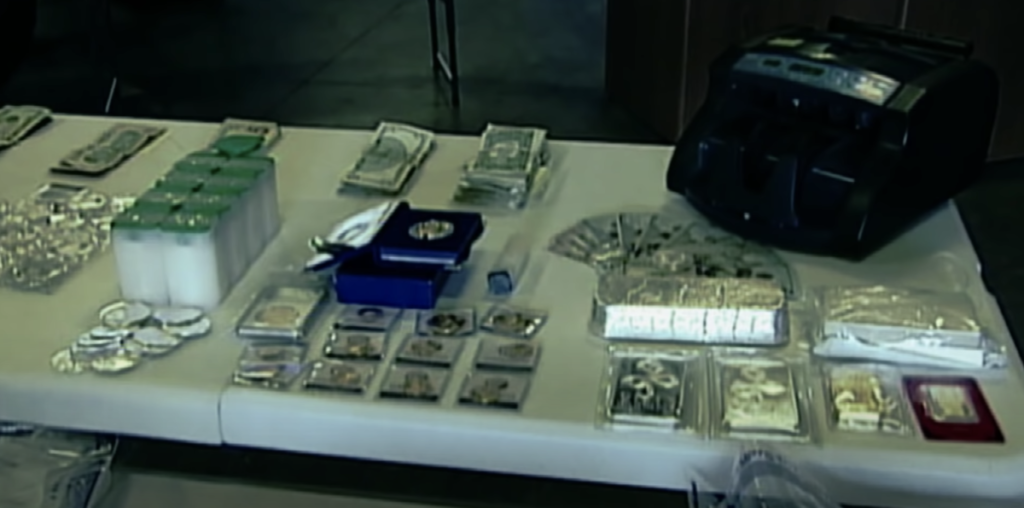
Note: This story, originally reported in October 2016, is being republished.
A couple from Massachusetts faced a setback of over $100,000 following a federal judge’s decision to grant the government’s request to retain the cash discovered in their vehicle during a traffic stop. Adam and Jennifer Perry of Ashburnham were pulled over by a state trooper in northwest Illinois four years ago for speeding.
During the stop, the couple informed the trooper that they were en route to Salt Lake City to consult with a hearing specialist in Utah.

The Illinois State Trooper, suspecting the presence of drugs, conducted a search of their Toyota Tundra with the assistance of a K-9 unit. Among the findings were a suitcase containing money wrapped in plastic concealed within the lining, a black duffel bag emitting the odor of marijuana, and another duffel bag containing various items such as vacuum sealer bags, permanent markers, masking tape, and desiccant packets, as per court documents.
No drugs were found in the vehicle. However, a black collapsible baton was discovered in the center console under the armrest, along with a loaded Smith and Wesson pistol with a live round in the chamber concealed behind a removable plastic panel.

Adam alleged that the pistol was planted by officers, according to court documents.
The cash found in the suitcase totaled $102,000, while an additional $5,520 was found in Jennifer’s wallet, both of which were confiscated.
Following the search, the couple was taken to a state police barracks for questioning but was never charged. Nonetheless, their truck and money were seized.
A federal judge ruled in favor of the government’s petition to permanently hold onto the seized money.
Judge Sara Darrow of the U.S. District Court for the Central District of Illinois stated that the couple failed to disclose the source of the funds.

The Perrys, representing themselves in the forfeiture case, argued that they deserved the benefit of the doubt. Adam wrote in a letter, “You should presume my innocence until proven guilty and not deprive me of my right to counsel,” and provided evidence of various income sources, including settlements, insurance policies, employment, and vehicle sales.
U.S. Attorney for the Central District of Illinois, James A. Lewis, contended that the cash should be awarded to the government “as it represents proceeds traceable to the exchange of controlled substances.”
WATCH THE VIDEO BELOW:
Sources: Masslive
Leave a Reply